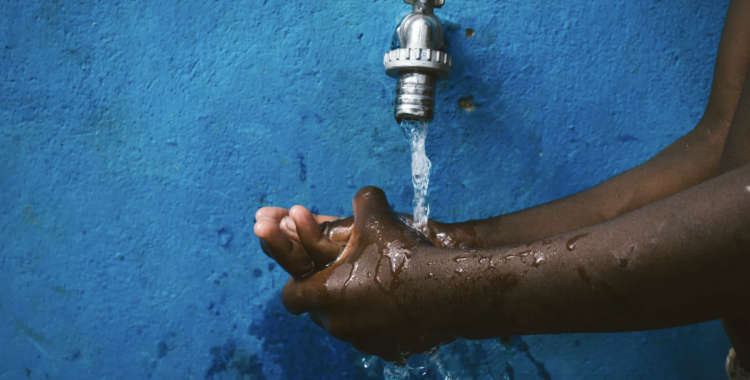The Secretary of State for Pre-School and Primary Education, Pacheco Francisco, considered this to be "a very serious problem" for the Ministry of Education, stressing that work is underway with the Ministry of Finance and the Ministry of Territorial Administration to reverse this situation.
"This is one of the challenges we will face next year, so that all primary schools are ready to have something to deal with this problem, especially water", said Pacheco Francisco when speaking about the "Challenges of the 2024/2025 School Year", which officially began on Friday.
The minister stressed that primary education in the country is free, but its problems "are not free", stressing that the situation he described puts children's health at risk.
"We have schools that have no water, no security guards, no cleaners and there is no way to always get hygiene materials. And the child always ends up suffering from these difficulties. They leave home and go to school – their second home – and when they get there they cannot relieve themselves, because when there is no water, there is a tendency to close the bathrooms, and the child is forced to relieve themselves around the school", he said.
Pacheco Francisco highlighted that the situation is also the same for secondary schools.
The Secretary of State for Pre-School and Primary Education said that the Ministry of Education is also concerned about "the poverty of learning".
"We do not need anyone to tell us that education is bad, because we are aware of this", admitted the minister, on the same day that UNITA highlighted the difficulties in the sector, adding that Angola is not the only country in this situation.
According to Pacheco Francisco, a plan has been drawn up that defines five axes to change this situation, among which is the expansion of the school network, to allow access to primary education.
"One of the problems we have in the country is the problem of access. At enrolment time, everyone wants to get in, but let's not forget that our country has the second highest birth rate in the world (...) behind Niger, and the construction of schools had to be proportional to population growth, but we are aware of immense difficulties", he said.
Pacheco Francisco stressed that one of the strategies to increase the supply of schools is the construction of low-cost infrastructures, with local materials.
The 2024/2025 school year has 9.9 million general education students, of which almost a million are entering for the first time.
With a need for 8000 new schools and 20,000 teachers, "to solve the problem of children's access to school", Pacheco Francisco said that there is no reliable data on the number of children outside the education system.







